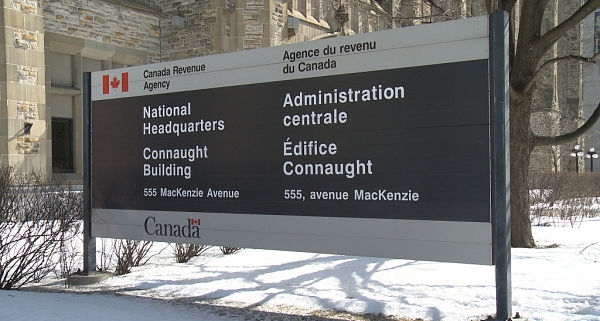I was surfing the internet and came across an article that said I had to report my US real estate to the Canada Revenue Agency (“CRA”). This can’t be right, so I called my tax advisor and she told me that was in fact true in certain circumstances. She went on to tell me that the penalty for not informing the CRA of my US real estate could cost me up to $2,500 per year! I have owned that property for 8 years. That’s a cost of $20,000! What am I going to do?!
The above situation is extremely common. Canadians buying foreign real estate as an investment and renting it out are subject to foreign reporting obligations. Failure to report certain property to the CRA may result in a failure to file penalty of up to $2,500 per year. The issues are further complicated if the rental property is held by a US LLC. The penalty shoots up to $12,500 per year. It could be costly to get caught up. Fortunately, the CRA has a Voluntary Disclosure Program (“VDP”), to encourage individuals and businesses to come forward and resolve issues of noncompliance under current regulations that span one or more tax years. Coming forward under the VDP, is a chance to get caught up on past delinquencies and avoid paying large penalty and interest charges.
The application process requires full disclosure of information relating to income tax which is at least one year past due, or generalized and harmonized sales tax (GST/HST) that is one reporting period late. The program also allows taxpayers to completely disclose information regarding other taxes such as excise tax, duties (under the Excise Act, 2001), and source deductions. In exchange for coming forward, the taxpayer may have interest and penalties either waived or adjusted, as well as avoiding any criminal prosecution for tax avoidance.
But wait….
When March 1, 2018 arrives, there will be new rules for those interested in the Canadian VDP for non-compliant taxpayers to consider. There will be two VDP tracks: General and Limited.
Under the General Program, taxpayers will not be charged penalties and will not be referred for criminal prosecution related to the information being disclosed. The CRA will provide partial interest relief for years preceding the three most recent years of returns required to be filed. The determination for which VDP track you will qualify will be on a case-by-case basis. Some of the factors used by the CRA in making the decision include: dollar amount involved, number of years of non-compliance and the tax knowledge/sophistication of the taxpayer.
Changes to the General Program include the requirement of all unpaid taxes to be paid as a condition of qualifying for the program. This means that the payment of unpaid tax must be made before you are admitted into the VDP.
Another change affects the “no-names” disclosures previously allowed. The process of making a disclosure on a no-names basis has been eliminated. A new “pre-disclosure discussion” maybe had by the taxpayer or the taxpayer’s representative with a CRA official, anonymously, however this discussion does not guarantee acceptance into either of the VDP tracks.
The new Limited Program, which will launch on March 1st, will not be as generous as the General Program. Interest and penalties will not be waived or adjusted, however, criminal prosecution can still be avoided. Applications by large corporations (i.e. having revenues in excess of $250 million in at least 2 of the last 5 taxation years, including related parties), will generally be considered under the Limited Program. As with the General Program, any unpaid taxes must be paid before admittance to the VDP.
As has been the CRA’s position in the past, it will not accept taxpayers into either VDP track if they are already known to the agency or if a VDP submission was previously made.
If you have past due returns or forms with the CRA, please contact us as soon as possible before the rules change on March 1st.



